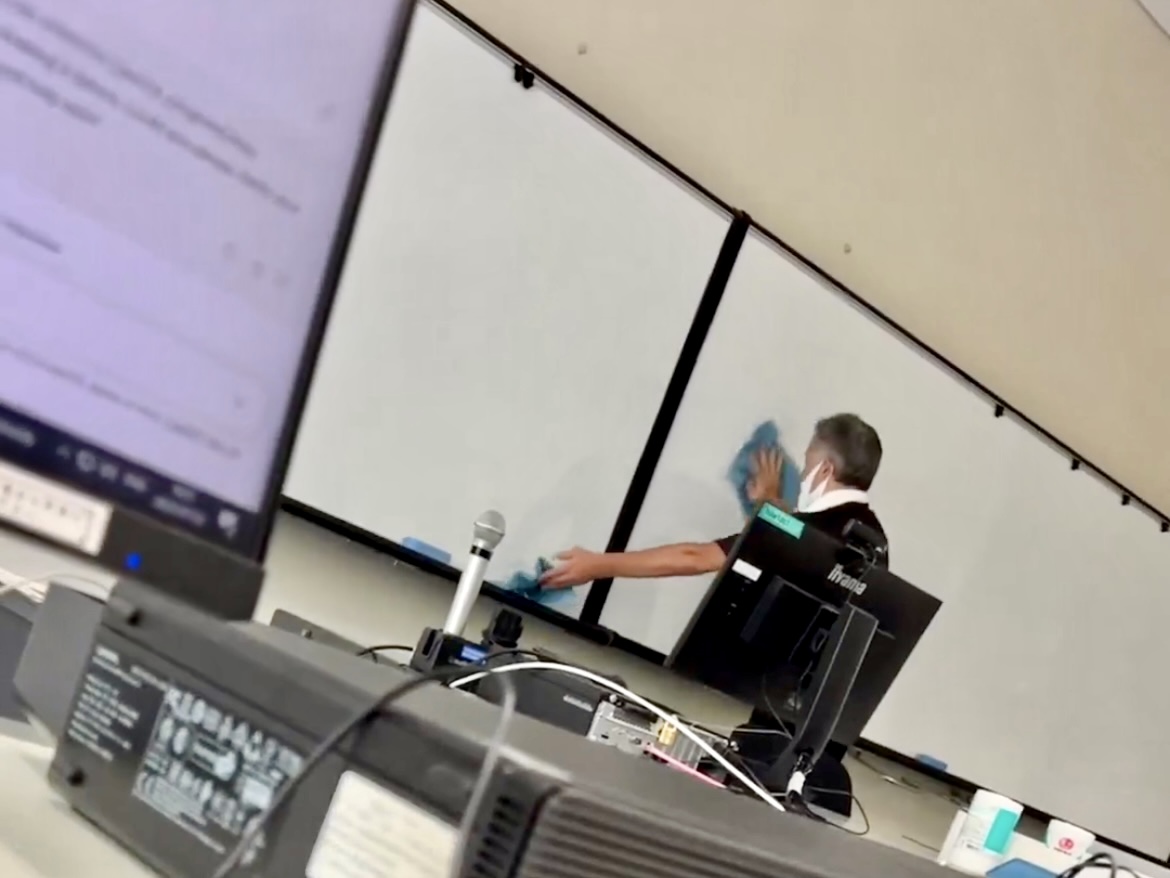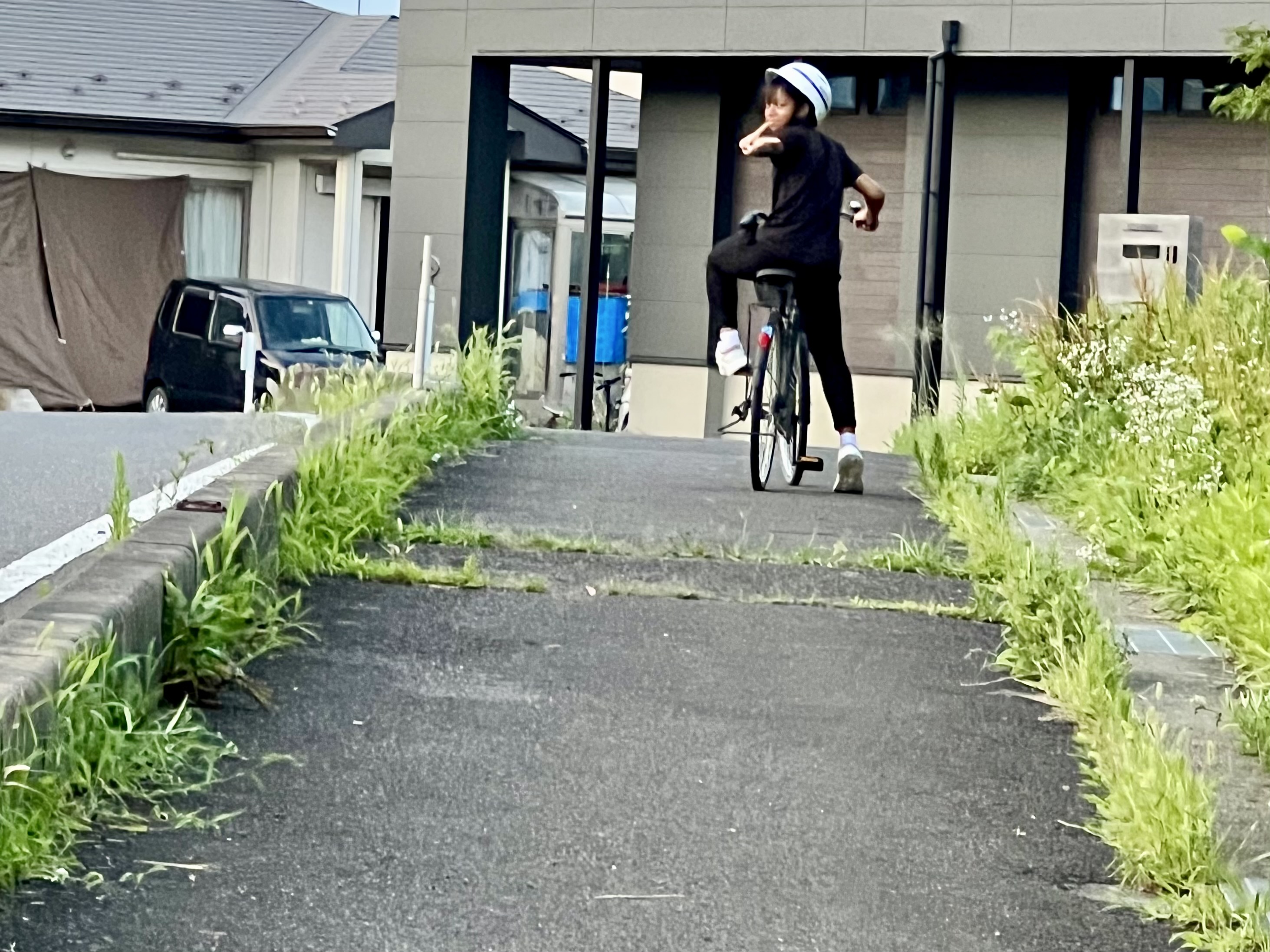
Finding Equilibrium: Lessons in Cultural Sensitivity from Japan’s Work Ethic and Balance
Experiencing life in Japan has profoundly shifted my perspective. While I had always acknowledged the reputation for hard work among Japanese people, witnessing it firsthand left a lasting impression. One night in Tokyo, aboard a late train, I observed a businessman slump to the floor. Initially, I assumed a medical emergency, but it turned out he was merely asleep—likely from a day of relentless toil. This incident unveiled the distressing reality of overwork culture that still endures in Japan.
This culture extends to a phenomenon known as Karoshi—death by overwork. The belief that clocking in long hours and forgoing holidays demonstrates commitment is pervasive. Some feel guilty about burdening colleagues with their workload during absence. Previously, I had lamented the perceived lethargy of the American workplace and educational system. Yet, observing the flip side of the hardworking spectrum taught me that every nation has its drawbacks.
When the businessman collapsed on the train, the people around him didn’t react much, unlike in the US, where someone would usually offer help. In another instance, at 2 AM in front of Tokyo Station, a solitary janitor meticulously swept fallen leaves. This dedication to duty without supervision left me both amazed and inspired. A similar scene played out at my university, as a janitor cleaned an already-pristine whiteboard. Such work ethic commands admiration, but I also realized that balance is vital.
I was equally amazed by watching people take challenging journeys without cars. A friend’s daily uphill bike ride to high school struck me as a monumental effort. I tried out her route one day to see what it was like and I marveled at her resilience, sensing her intrinsic strength. I felt a twinge of envy, wishing I had been exposed to comparable challenges at a young age. It was evident that her consistent efforts had endowed her with a naturally more elevated base strength compared to someone who hadn’t undergone a similarly demanding daily regimen.
As I embarked on that bike journey, my perspective broadened. The innate drive of necessity pushed the human body beyond its known limits. Through my study abroad experience, I discovered the potential for personal growth that extends beyond my current abilities. I came to understand the importance of striking a balance between pushing oneself and allowing for moments of rest – a universal principle that emerged during my journey.
As I reflect on my time abroad, I’m grateful for the lessons learned beyond the classroom. Japan taught me that diligence has its limits and that equilibrium is paramount. Just as my surroundings shaped me, so did the diverse challenges faced by others in their unique journeys. My Japanese experience inspired me to embrace the strength inherent in pushing oneself, and I now understand that balance fosters sustained progress.

